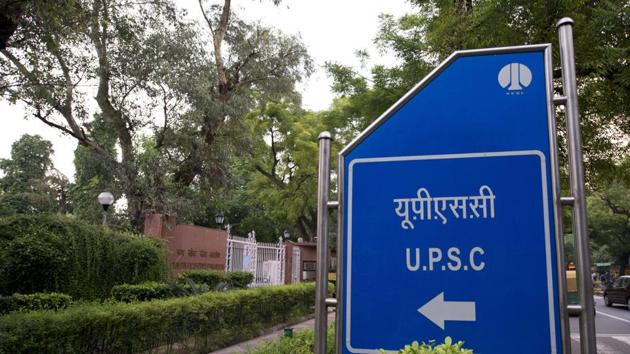Bureaucrats unhappy over govt’s lateral entry move, call for reforms in policy
Senior bureaucrats term the government’s move to have lateral entry in government as retrograde, say such experimentation should be encouraged.
The decision to bring in specialists from the private sector in key decision making roles has the bureaucracy uneasy, with many serving senior officials pointing out that the proposal throws up more questions than it answers.

On Sunday, the government had notified 10 positions of joint secretaries who will be hired through “lateral entry.”
Terming the move as “retrograde”, senior bureaucrats, who did not want to be quoted said that instead of bringing in reform, hiring from the private sector will result in a system that has no accountability.
“The persons who will be brought in through such lateral entry will have a maximum tenure of five years. If some wrong policy decisions are taken by him resulting in some or the other irregularity, who will be held responsible for it once he leaves?” asked a joint secretary-level official.
KM Chandrashekhar, former cabinet secretary said that before such hiring, the government should first decide the selection process. “What I gather is that these positions of joint secretaries are thrown open to lateral entry because the government was not getting right people to fill these vacancies. But we should look at the crucial aspects such as who will hire them, what will be selection process, will UPSC be tasked to hire them. First of all, these issues need to be addressed.” A section of bureaucracy, however, was of the view that such experimentation should be encouraged.
“The existing system is badly administered. It’s not that we do not have domain experts in bureaucracy. But we do not do justice and give them some non-related portfolio. Hiring domain experts will only help if is long term responsibility coupled with adequate safeguards,” a secretary level official said.
The move to have lateral entry in government is not entirely a new concept. In 2011, in a move to bring in “specialists” from the infrastructure sector, the then road transport minister CP Joshi had decided to expand the existing eligibility criteria for appointing the National Highways Authority of India (NHAI) chairman to include chiefs of infrastructure companies with a net worth of over ₹2,000 crore.
Nothing much came out of the move as the appointments committee of the Cabinet finally cleared the appointment of a retired bureaucrat — former DIPP secretary RP Singh. Many of the bureaucrats HT spoke to questioned how the government would ensure that conduct rules are followed by a joint secretary who can only be wary of a premature cancellation of his/her contractual appointment.
“The current system of vigilance oversight, career progression, etc. is very strong and a contractually appointed JS can’t be subjected to these,” said one of the bureaucrats quoted above. Also, senior officials raised the need for complete transparency in hiring. “For instance, if a person from a private infrastructure company is appointed in an infra ministry it will lead to questions of morality, ethics and conflict of interest.”






